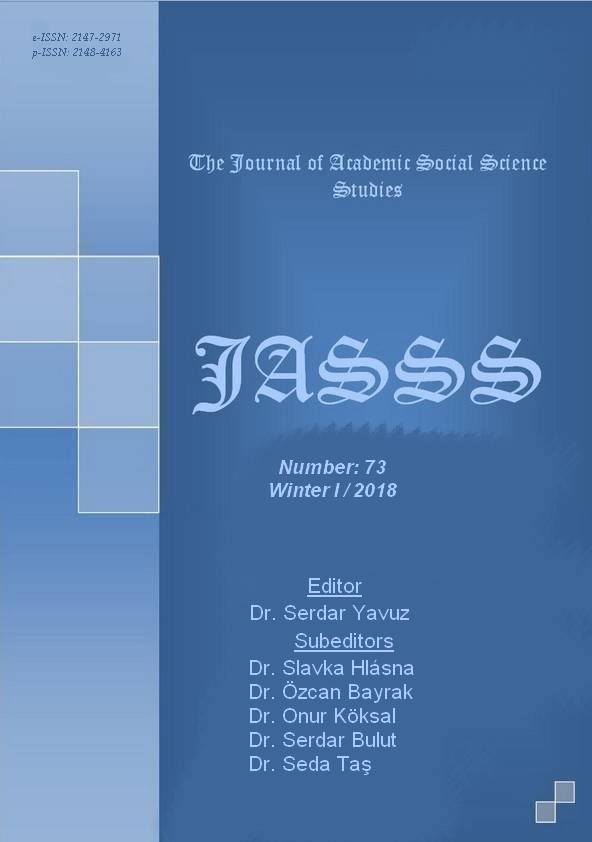Author :
Abstract
Klasik müzecilik uygulamalarında müzeler geçmişe ağırlık vermiş ve bu durum da geçmişten gelen eserlerin toplanması, saklanması, korunması ve sergilenmesini gerektirmiştir. Günümüzde ise bu anlayışa, topluma daha fazla ulaşmak ve eğitim amaçlı kullanmak da eklenmiştir. Eğitimde müzeler bir kaynak olarak da kullanılmaktadır. Müzeler, araştırmaya ilham yaratan, destekleyen kurumlar olarak; koruma, araştırma ve toplumla iletişim kurma çalışmalarını sürdürürken; çağdaş uygulamalarla yeni formlar bularak değişmektedirler (Erbay, 2017, s.105). Toplumların kendi tarihini öğrenmesi, kültürel bilincin oluşması ve çağın gerektirdiği yaşam tarzına ayak uydurabilmesi için gereklidir ve sağlıklı birey ve toplumlar ancak bu şekilde oluşur. Müzelerin bu noktada önemli bir rol oynaması sebebiyle 2000 yılındaki müzeler gününde ICOM işlenecek konuyu, “Toplumdaki uyum ve huzur için müzeler” şeklinde seçmiştir. Müze-toplum ilişkisinin geliştirilmesinde müze yöneticileri önemli bir rol oynamaktadır. Halkın müzelere sık sık gelerek iyi zaman geçirirken aynı zamanda eğitilmesini sağlayacak etkinlikler yapmalıdır. Bu nedenle çalışmamızda müze yöneticilerinin topluma ulaşarak farkındalık yaratma, bilinçlendirme ve eğitme konusunda üstlendiği rolü ortaya koymak amaçlanmıştır. Bu amaçla öncelikle literatür taraması yapılmış ve müzelerin toplum için önemine yer verilmiştir. Daha sonra Aydın Arkeoloji Müzesi yöneticileri ile görüşülmüş ve elde edilen veriler ışığında müze-toplum ilişkisinin geliştirilmesi konusunda müzenin çalışmaları ve etkinlikleri ele alınmıştır.
Keywords
Abstract
Traditional museum approaches focused on the past and this situation made it necessary to collect, keep, preserve and exhibit old artifacts. Therefore, museums are perceived as exhibition places instead of an attraction. Today, they also adopt the idea of reaching the society more and using museums for education. Museums, as institutions to inspire and support researches, maintain studies on conservation, research and social communication while they are transforming with new contemporary formations (Erbay, 2017, p.105). They became places where cultural heritage is preserved and people may enjoy their time via exhibitions, panels, courses, training programs, projects and libraries. Museums are also used as a source in education. They are necessary for society to learn their own history, to create cultural awareness and to keep up with modern lifestyle and they provide healthy individuals and societies. Due to the important role of museums at this point, ICOM chose the discussion subject as ?Museums for harmony and peace in society? on museum day in 2000. In order to improve the museum-society relations, museum managers have a great role. They should conduct events which will make society both come to museums and have a good time and educate them. Therefore, in our study, revealing the role of museum managers in reaching society, raising awareness and educating is aimed. For this purpose, literature review is done and importance of museums for societies is included. Then, a questionnaire is prepared to be conducted on managers of 3 state museums in Aydın province. Result of the questionnaire is evaluated with an analysis. The role and opinions of museum managers in (on) improving museum-society relations are indicated with the consideration of data obtained."





